Music Therapy: Perspectives, Cultural Aspects and Clinical Outcomes
Music Therapy is making its way into the field of health sciences with evidence of its effectiveness in different disciplines. Chapter One presents considerations about social and cultural interactions that permeated the music therapy activities developed along an eight-year project hosted by a Brazilian university. Chapter Two covers a research study on the influence of 15-minute sessions of classic music therapy on physiological parameters of hospitalized premature newborns and discusses the use of music as a therapeutic tool for this population in neonatal care units. Chapter Three reviews and contrasts the results of scientific studies of music therapy made on the grounds of improving pain, physical wellness, anxiety, relaxation, mood and quality of life in cancer patients. In Chapter Four, the authors describe recent studies that have investigated the acute influence of musical auditory stimulus on autonomic heart rate control. Chapter Five considers the importance of including Music Therapy in rehabilitation programs for patients with Cerebrovascular accidents, and its potential to restore upper and lower limb movement. This book concludes with Chapter Six, a short communication that suggests an extension of the representational capabilities involved in the idea of the forms of vitality to a wider musical scope than the traditional one, which is mainly based on the parameters of rhythm, melody and harmony.
{{comment.content}}
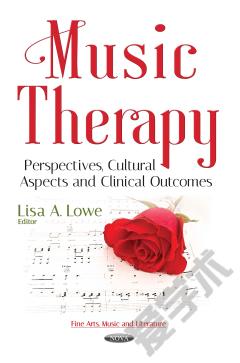
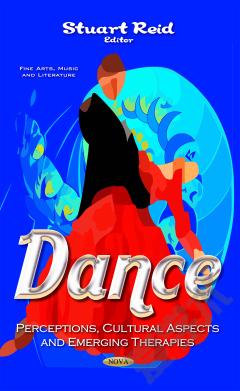

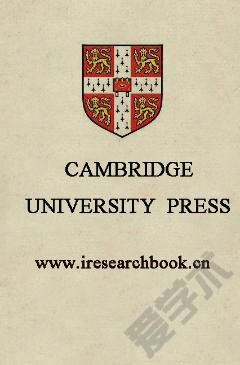
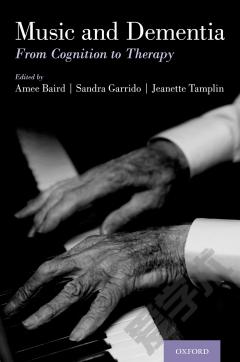

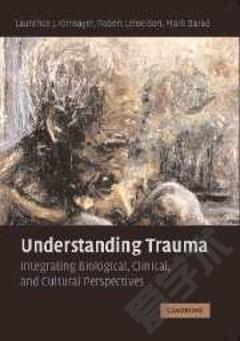

 京公网安备 11010802027623号
京公网安备 11010802027623号